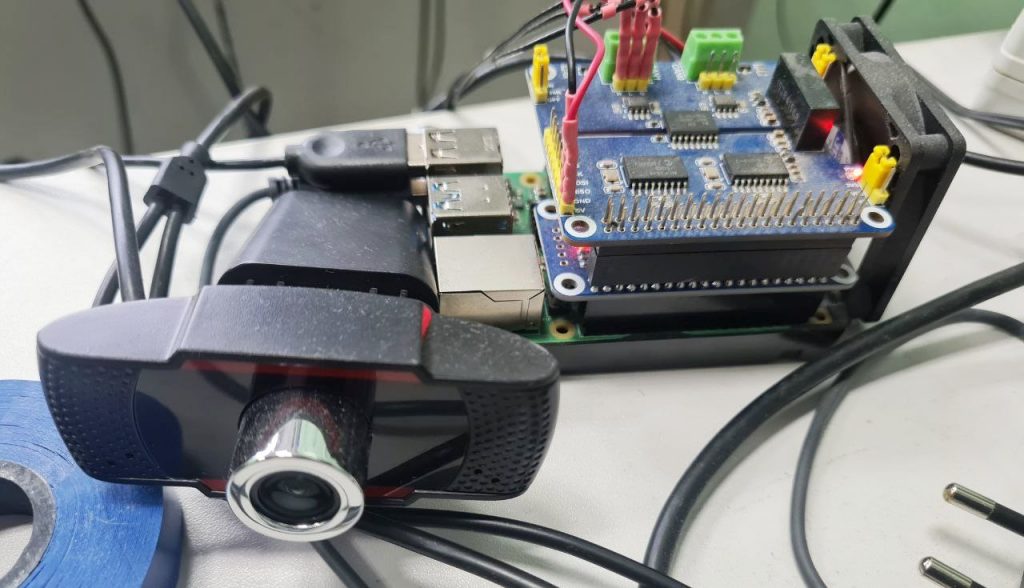Student Startup winner working on equipment for defect recognition on circuit boards

Master student of the Institute of Computational Mathematics and IT Georgy Toshchev is among the latest recipients of a federal grant – along with nine other KFU representatives.
“I work part-time as a software developer, and we have a small manufacturing facility producing circuit boards and metalwork. When I asked my boss what could be improved, an idea for the Student Startup came up naturally,” says Toshchev.
The current business climate favors the business – the output has risen steeply – and there is a growing need for quality control. That’s why a solution is in the works that can be easily integrated into the existing processes and reduce the amount of circuit board defects.
“The goal of my project is to optimize the defect checking stage on printed circuit boards, simplify the process and minimize production costs. To achieve this goal, I will create a hardware and software system capable of visually detecting defects on printed circuit boards, determining the resistor rating and checking the correct installation of microcircuits, such as polar elements, capacitors, diodes and transistors. The suite will be capable of detecting differences between a reference (ideal) board and the current board, as well as detecting potential defective locations. Our software will be written for specific tasks, but with the possibility of extending the functionality to detect any problems associated with small-unit assembly,” explains the interviewee. “An image is read from the camera. Using computer vision technology, we find and classify objects on the board and compare them with the way the element should be positioned. The answer is either everything is fine or there is an error. Determining the resistor rating is done with the help of a neural network. To detect defects, we will also need to train the neural network to detect them from a picture.”
Similar projects exist in other countries, but they are either too expensive, too multifunctional, or difficult to integrate with the existing cycle in this case.
The 1 million rubles of funding are to be disbursed on construction schematics, software development, and equipment purchases.

